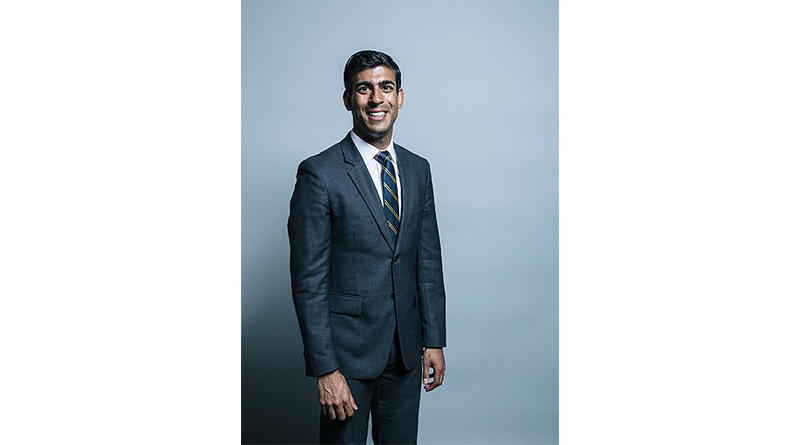Chancellor Defends Eat Out To Help Out Scheme

Chancellor Rishi Sunak has defended his August initiative encouraging people back to pubs and restaurants over the summer. The “Eat Out To Help Out” (EOTHO) scheme saw the government underwrite discounted meals each Monday Tuesday and Wednesday during August, as ministers attempted to restart the economy after the UK’s lockdown.
Over 100 million meals were sold at a cost of the government of over £500 million however half of that was recovered in taxes.
Since the scheme hindered however pubs, bars and restaurants along with the rest of the hospitality industry have seen a 10pm curfew imposed as the government attempts to deal with a second wave of COVID-19 infections.
Some observers have said that the scheme may be linked to the growing rise in infections however Chancellor Rishi Sunak defended the scheme and replied when asked if he had any regret: “ no no no, definitely not. We had an industry that I care deeply about because of employment. It’s over 2 million people”.
In a TV interview the chancellor played down a potential link between the scheme and the rise in infections across the country and cautioned against “jumping to simplistic conclusions”.
“More broadly, if you think of the spread of the virus this time around, what’s happening here is pretty much in sync with what’s happening around the world in second waves,” he said.
Emphasising the success of the scheme Barclaycard payments, responsible for 40% of all card transactions said: “ Barclaycard Payments data shows that Brits took advantage of the ‘Eat Out to Help Out’ Scheme, with diners spending 34.2 per cent more at restaurants and fast food outlets on Mondays, Tuesdays and Wednesdays in August than they did in July. In addition, with businesses able to claim back the discounts given during the scheme – up to £10 per diner –revenues will be boosted even further.
Demonstrating consumer appetite for the Scheme, the number of transactions also grew by 33.7 per cent. However, the average transaction value on Mondays to Wednesdays remained fairly stable, rising from £11.85 in July to £11.91 in August, indicating that the discount encouraged diners to order more food and non-alcoholic drinks, in order to spend roughly the same amount overall.” Rob Cameron, CEO of Barclaycard Payments, said: “It’s clear that ‘Eat Out to Help Out’ had a positive impact on restaurant and fast food spend in August resulting in many businesses choosing to extend the discounts into September, even without the government incentive.”
The Chancellor also described the 10 PM curfew as “frustrating” , adding that different analysis of PHE data had revealed “a very small percentage” of the causes of transmission were hospitality settings.
“One thing we know is, and I speak to our scientists almost every day, it’s incredibly difficult at such a granular level to pinpoint exactly the cause of transmission,” he continued.
“So I think we should have some humility about our ability to do that.”
